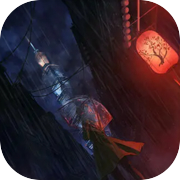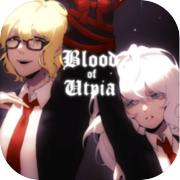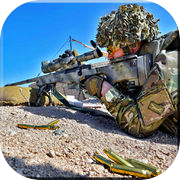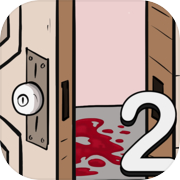Detective: Ritual of the Sea
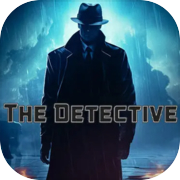
Step into the shoes of an experienced detective and uncover dark secrets while solving criminal cases. In this thrilling detective world, you'll face stressful decision-making moments, reconstruct crime scenes, and utilize cutting-edge technology for evidence analysis. Your mission will be to discover motives and connections between suspects, spot lies and inconsistencies in testimonies, interrogate witnesses to unveil the truth, collaborate with other law enforcement agencies, gather evidence, and apply deduction and reasoning to solve the most complex criminal cases.Features:
Solve complex criminal puzzles.
Every subsequent stage is another crime scene, another puzzle to solve. Each element, its placement, or perhaps the hidden message behind it can bring you closer to its solution. A good detective knows that cases or coincidences don't exist; rather, they tell a story of which they are the result.
Face high-pressure decision moments (QTE).
Sometimes there is no time to hesitate; sometimes seconds separate you from the goal. Keep your eyes wide open and don't let anything or anyone escape your attention. Certain things happen only once, like a flash in the sky, but they can imprint an image on the retina of your eye.
Reconstruct crime scenes for clues to discover motives and suspect connections.
Following the thread to the ball. Sometimes it takes many threads, sometimes tangled and cut, but their connection, proper deduction, and reading subtle issues are the path to solving the case.
Utilize technology for evidence analysis.
Contemporary technology is like a silent tool at the crime scene, akin to a scalpel in the hands of a surgeon or a brush in the hands of an artist. It allows you to broaden your senses, see what the naked eye cannot.
Interrogate witnesses to spot lies and inconsistencies in testimonies.
People can be like an open book if you know how to read them correctly. Sometimes you have to help them see what they didn't even know they witnessed. The right questions can be like a lockpick, and eyes can say more than words.
Negotiate with criminals for information and collaborate with law enforcement agencies.
In this line of work, there are no good or bad, only sources of information, and it's worth reaching for them regardless of circumstances or personal preferences, as they will help you in your task.
Collect and document evidence.
Collect, take notes; you never know what and when will matter. Sometimes an ordinary object, combined with an extraordinary story, will gain invaluable significance.
Solve complex criminal puzzles.
Every subsequent stage is another crime scene, another puzzle to solve. Each element, its placement, or perhaps the hidden message behind it can bring you closer to its solution. A good detective knows that cases or coincidences don't exist; rather, they tell a story of which they are the result.
Face high-pressure decision moments (QTE).
Sometimes there is no time to hesitate; sometimes seconds separate you from the goal. Keep your eyes wide open and don't let anything or anyone escape your attention. Certain things happen only once, like a flash in the sky, but they can imprint an image on the retina of your eye.
Reconstruct crime scenes for clues to discover motives and suspect connections.
Following the thread to the ball. Sometimes it takes many threads, sometimes tangled and cut, but their connection, proper deduction, and reading subtle issues are the path to solving the case.
Utilize technology for evidence analysis.
Contemporary technology is like a silent tool at the crime scene, akin to a scalpel in the hands of a surgeon or a brush in the hands of an artist. It allows you to broaden your senses, see what the naked eye cannot.
Interrogate witnesses to spot lies and inconsistencies in testimonies.
People can be like an open book if you know how to read them correctly. Sometimes you have to help them see what they didn't even know they witnessed. The right questions can be like a lockpick, and eyes can say more than words.
Negotiate with criminals for information and collaborate with law enforcement agencies.
In this line of work, there are no good or bad, only sources of information, and it's worth reaching for them regardless of circumstances or personal preferences, as they will help you in your task.
Collect and document evidence.
Collect, take notes; you never know what and when will matter. Sometimes an ordinary object, combined with an extraordinary story, will gain invaluable significance.
Available on devices:
- Windows

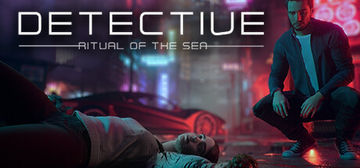







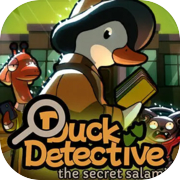










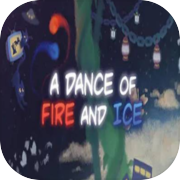






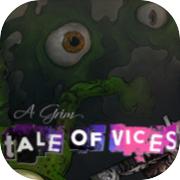




![[Premium] Knights of Grayfang](https://images.mvpgame-win.com/images/vyatqf4as34.png)

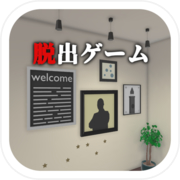
![[FUN Game]Heroes Of Mavia Arts](https://images.mvpgame-win.com/images/1hoytjwlhjn.png)



